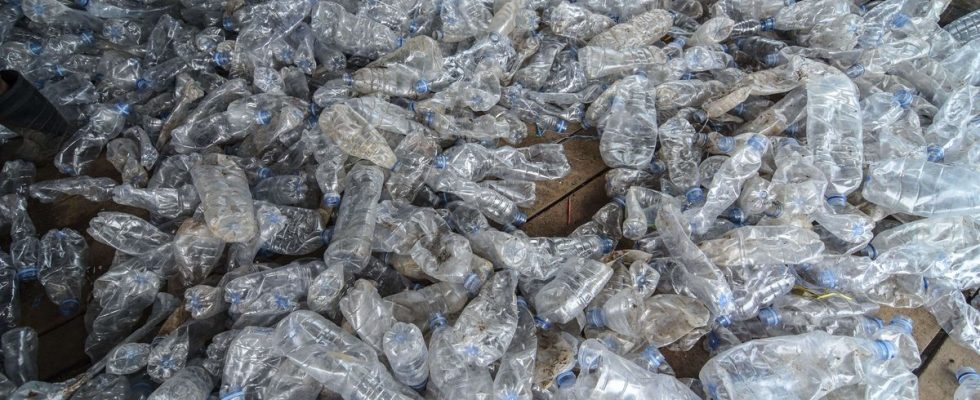Associations of elected officials are standing up against the establishment of a deposit on plastic bottles. They indeed reiterated their opposition on Tuesday because “the deposit does not reduce waste”.
On the eve of a national consultation meeting, the mayors and representatives of intermunicipalities, responsible for the management of household waste, denounced a measure according to them “anti-ecological, under cover of green varnish”, which would destabilize the public collection system waste without improving plastic collection.
Fear of going through the regulatory process
In January, the government relaunched a debate on the implementation of these instructions, an initiative previously withdrawn during the vote on the anti-waste law for a circular economy (Agec) in 2020. The consultation, which provides for six national meetings and one per region , is due to end in June, but the mayors fear that the government will go through the regulatory process to make its choice.
European targets for the collection rate of plastic bottles are 90% in 2029. But France is capping below 60%, as this packaging is neither collected nor sorted in most street bins or in workplaces. .
Plastic bottles represent “350,000 tonnes, or less than 1% of household waste, which totals 39 million tonnes, and are among the best valued plastic waste, with a recycling rate of 70% compared to 23% for other plastic waste. “, recalled Jean-François Vigier, UDI mayor of Bures-sur-Yvette (Essonne).
“It’s an intellectual scam that consists in using the word “deposit”, perceived positively in public opinion, for an operation that is not one since the bottle will not be reused but destroyed to be recycled, it is – to say that it will end up exactly in the same place as when it is thrown in the yellow bin for selective collection, ”explained Jean-François Debat, PS mayor of Bourg-en-Bresse (Ain).
Around 30 million euros for a sorting center
For the consumer, the operation seems to be a zero-sum game since he would pay 20 centimes more for his bottle and then see himself returning the money advanced after having had it “deconsigned” in a vending machine. But “all the bottles will not necessarily be returned”, according to Jean-François Vigier who estimates the benefit that beverage manufacturers would derive from it at 400 million euros and the shortfall for communities at 320 million. The latter have also invested in expensive machines: around 30 million euros for a sorting centre.
To achieve European objectives, the mayors are making 14 proposals, including promoting the consumption of tap water to halve plastic bottles by 2030, increasing the frequency of collections or setting up a collection selection of all packaging consumed outside the home.

